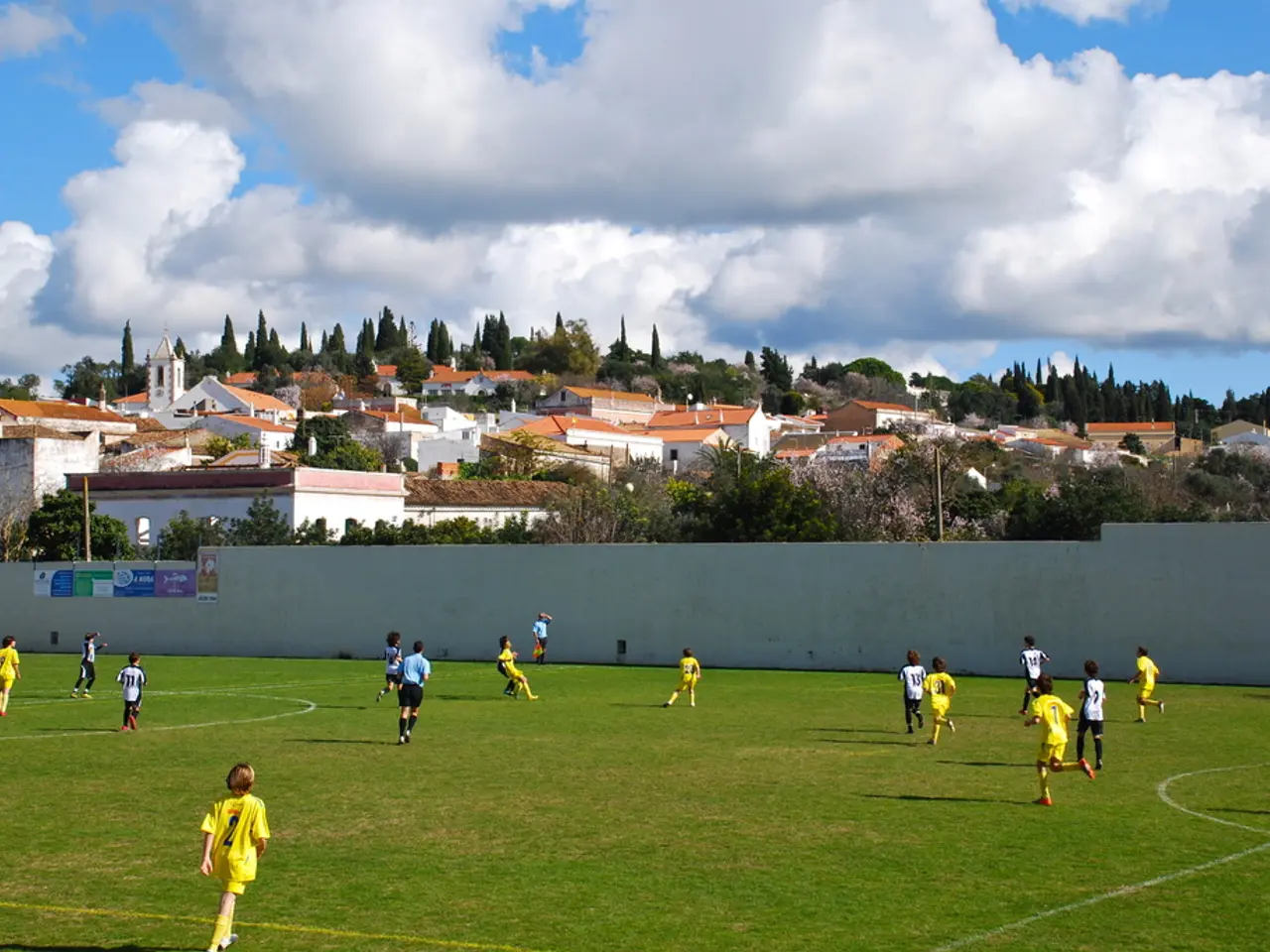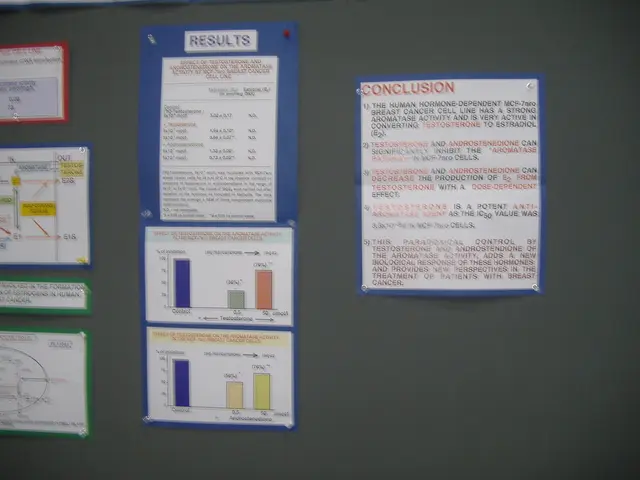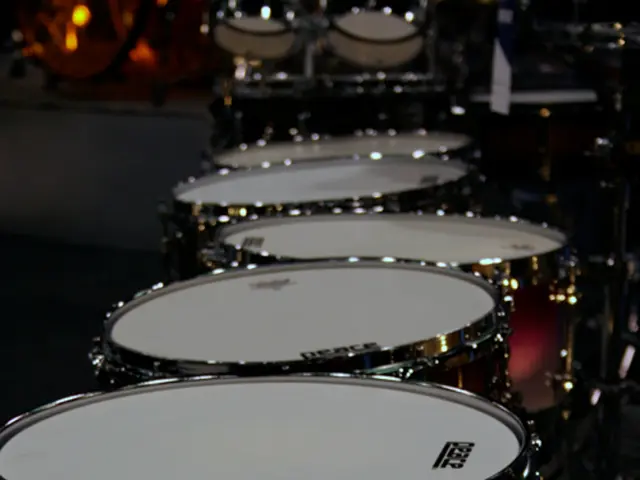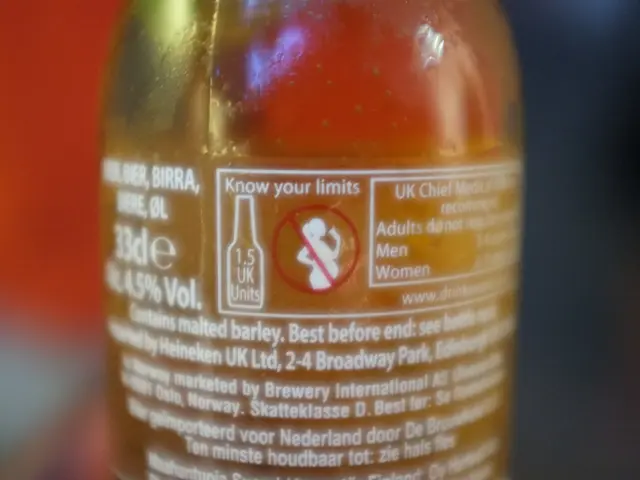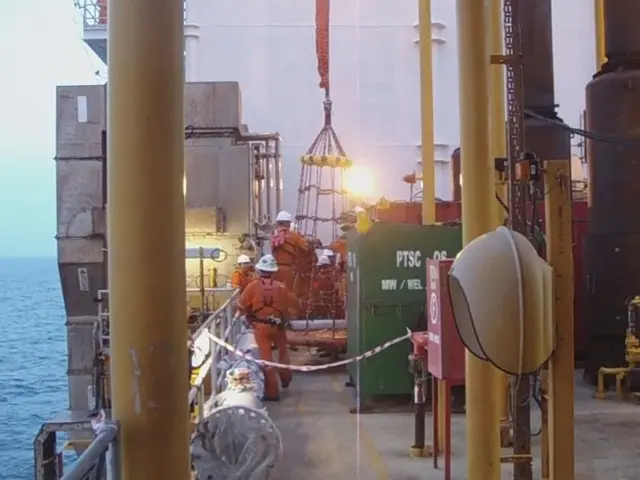Unveiling the Mechanics of a Pandemic
In the globally acclaimed cooperative board game, Pandemic, players find themselves in a race against time to control the rapid spread of four infectious diseases. Designed by Silicon Valley game and user experience designer Matt Leacock, the game mimics the intricate workings of a thinking opponent, as players must work together, share information, and coordinate their efforts to stem the tide of accumulating infections.
Each player assumes a specific character role with unique in-game strengths. As the game progresses, players draw two to four infection cards, depending on the infection rate, and place disease cubes on each city shown. No city can hold more than three disease cubes; any overage results in an outbreak, causing an additional cube to be placed on all adjacent cities.
During the drawing phase, players pick two player cards and immediately resolve any epidemic cards received in the draw, then discard down to seven cards. Epidemic cards increase the infection rate and make it more likely that already infected cities will be hit again soon.
Effective strategies for playing Pandemic include close coordination of actions and movements to synchronise card exchanges and disease cures, positioning near at-risk outbreak cities to respond quickly, and utilising each character’s special abilities to maximise efficiency. Building research stations strategically to enhance mobility and concentrating on curing diseases promptly before the infection rate escalates are also crucial.
Maintaining close attention to the infection patterns to prioritise clearing heavily infected cities helps avoid chain outbreaks. Planning turns carefully to meet and exchange cards is essential, as players cannot freely trade cards except when in the same city. This requires weighing whether to detour to rendezvous points or use special moves to save time while preventing outbreaks.
In addition to these core strategies, players should heed their character's strength and play them differently. For example, the medic's advantage lies in cleaning out disease cubes in infected cities, while the researcher is a gifted facilitator who can trade cards with other players under fewer restrictions.
The game typically ends in about an hour, not counting arguments and breaks for pizza. It was published in 2008 by New York-based Z-Man Games, and the course of the game depends on the personality and relationship dynamics among the players. The game ends when either all four diseases have been cured or a team runs out of disease cubes, an eighth outbreak occurs, or there are no more player cards.
In conclusion, the blend of coordination, planning, and prudence creates the tense but rewarding challenge unique to Pandemic. This cooperative board game offers a thrilling experience, testing players' teamwork, strategy, and problem-solving skills as they work together to save the world from the brink of a global pandemic.
- To ensure success in the game Pandemic, players must strategically utilize each character's unique abilities, such as the medic's ability to clean out disease cubes in infected cities or the researcher's ability to trade cards with other players under fewer restrictions, to optimize efficiency.
- In the medical-conditions aspect of the game, players must actively manage health-and-wellness concerns by building research stations to enhance mobility, curing diseases promptly before the infection rate escalates, and prioritizing clearing heavily infected cities to avoid chain outbreaks, all while working together to save the world from a global pandemic.
